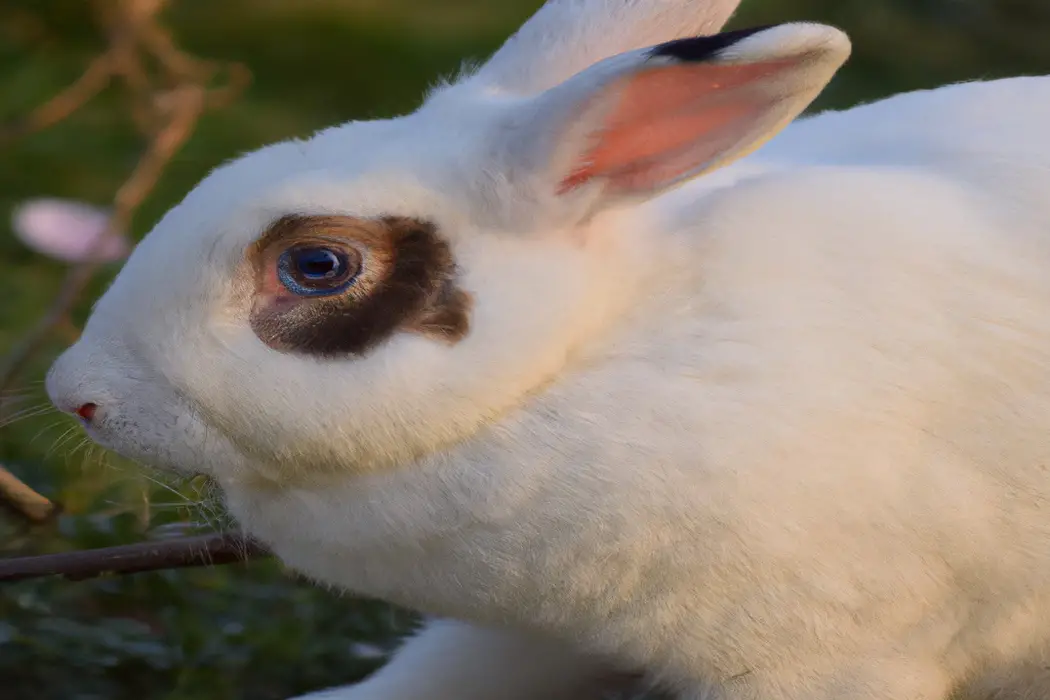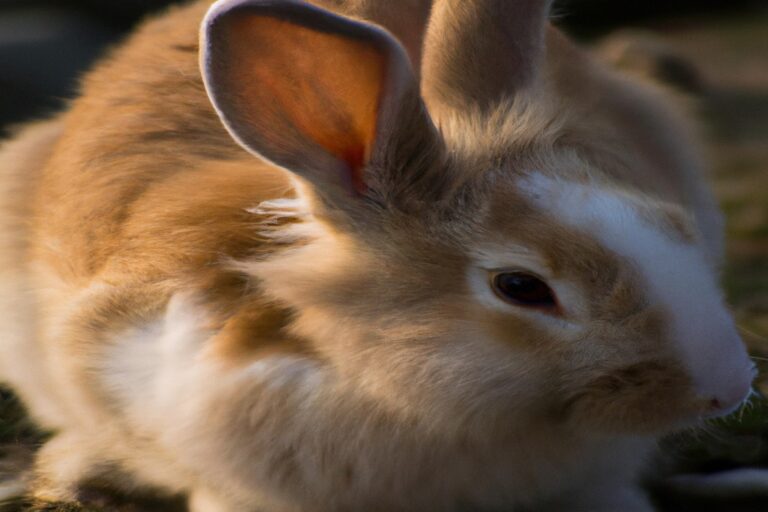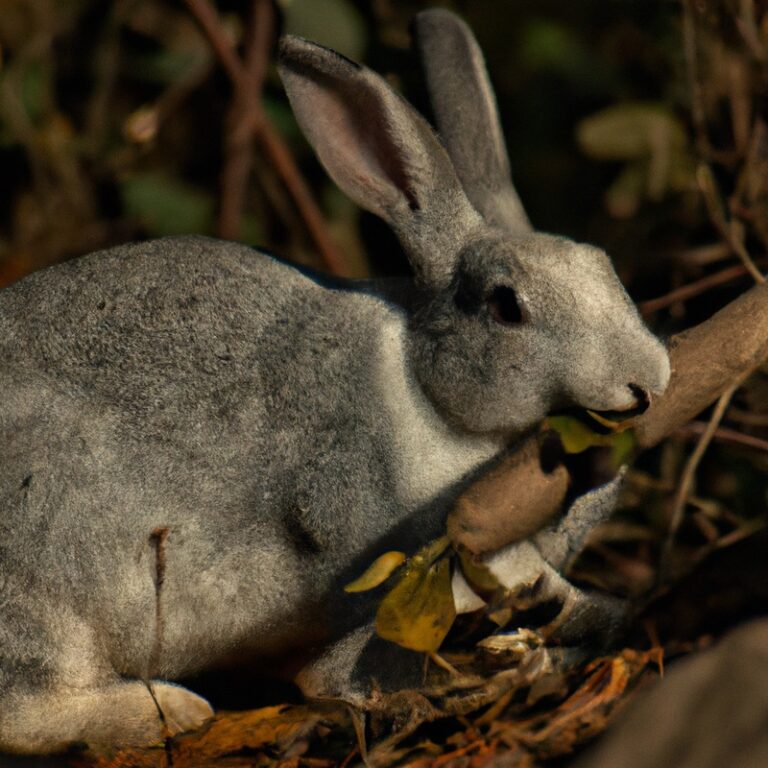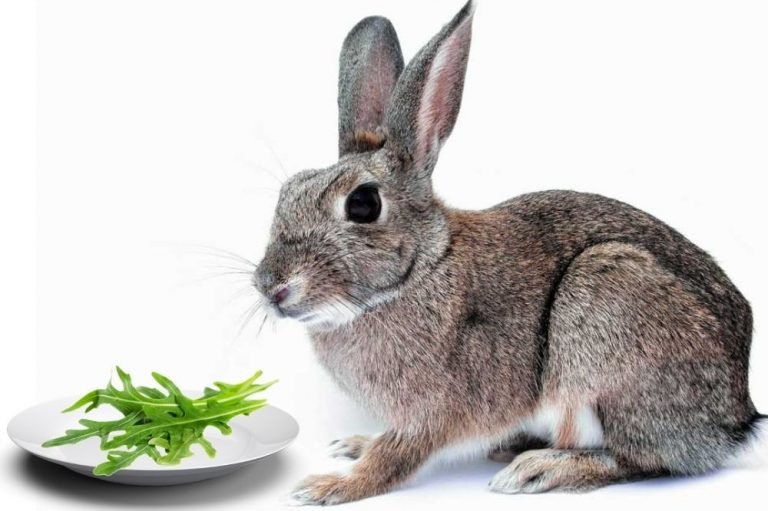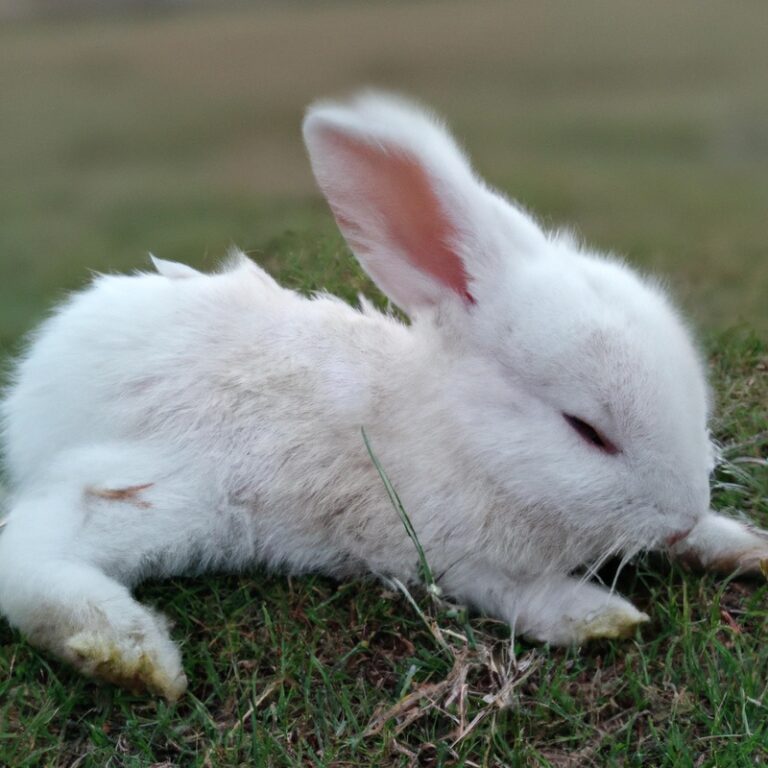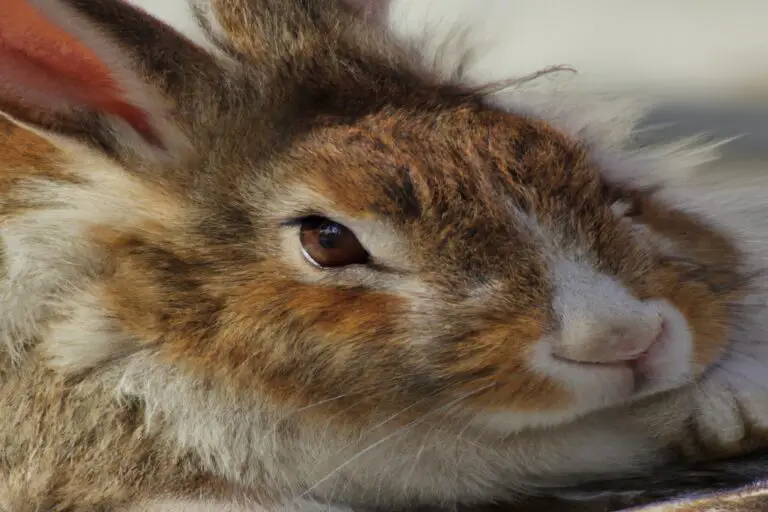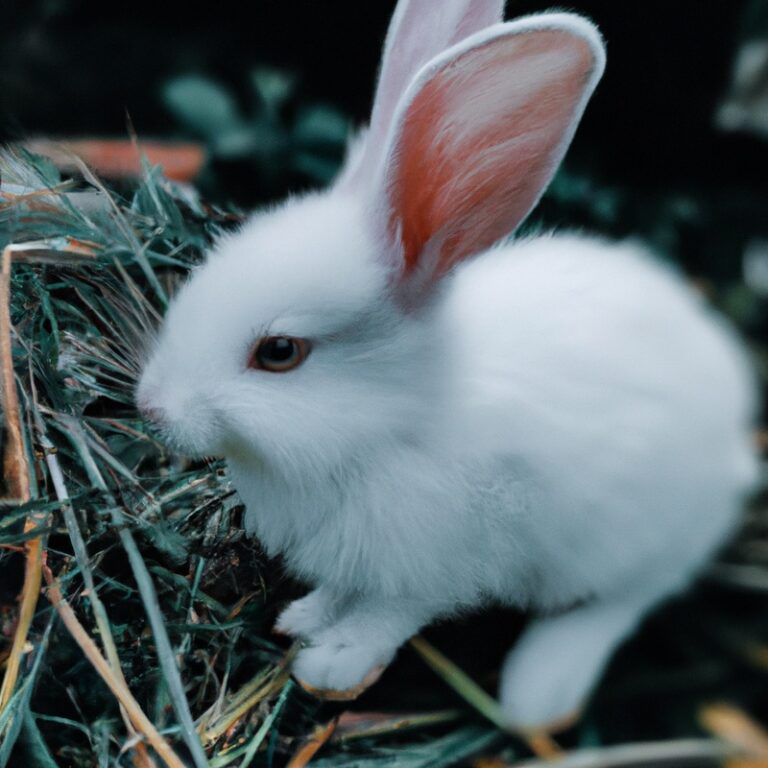Can Rabbits Have Kale Every Day for Optimal Health!
Key Takeaways:
- Rabbits can have kale every day, but in moderation.
- Kale should not make up the majority of a rabbit’s diet.
- Variety in a rabbit’s diet is important for proper nutrition.
- Consult with a veterinarian to determine the best dietary plan for your rabbit’s specific needs.
Hey there! Are you wondering if rabbits can munch on kale every single day?
Well, you’ve come to the right place! As a rabbit expert, I’m here to shed some light on this leafy dilemma.
Kale has gained quite the reputation as a superfood for us humans, but does the same hold true for our furry friends?
In this article, we’ll explore the nutritional benefits of kale, the potential risks of overfeeding, guidelines for incorporating kale into your rabbit’s diet, and some alternative options to keep their meals exciting.
So let’s hop right in and discover if kale is the ultimate leafy green for your bouncy companion!
Nutritional Benefits of Kale for Rabbits
Kale provides rabbits with high fiber content, essential vitamins and minerals, and low-calorie nutrition.
High in Fiber
Kale is high in fiber, making it a beneficial addition to a rabbit’s diet.
Fiber helps support a healthy digestive system and aids in preventing gastrointestinal issues.
It also promotes regular bowel movements and prevents the formation of hairballs.
By including kale in your rabbit’s daily meals, you can ensure that they receive the necessary fiber for optimal health.
Just remember to introduce it slowly and in moderation to avoid any potential digestive upset.
Rich in Vitamins and Minerals
Kale is a nutrient powerhouse for rabbits, packed with vitamins and minerals essential for their well-being.
It is particularly rich in vitamins A, C, and K, which support healthy eyesight, immune function, and blood clotting.
Additionally, kale provides a good source of minerals like calcium, potassium, and magnesium, promoting strong bones, proper muscle function, and nerve activity.
Introducing kale into your rabbit’s diet can help provide a natural boost of essential nutrients for optimal health.
Low in Calories
Kale is a great choice for rabbits because it is low in calories. This means that they can enjoy it without worrying about weight gain or overeating.
Plus, the low calorie content of kale makes it a healthy treat option for rabbits on a weight management diet.
So go ahead and offer kale to your bunny without any guilt!
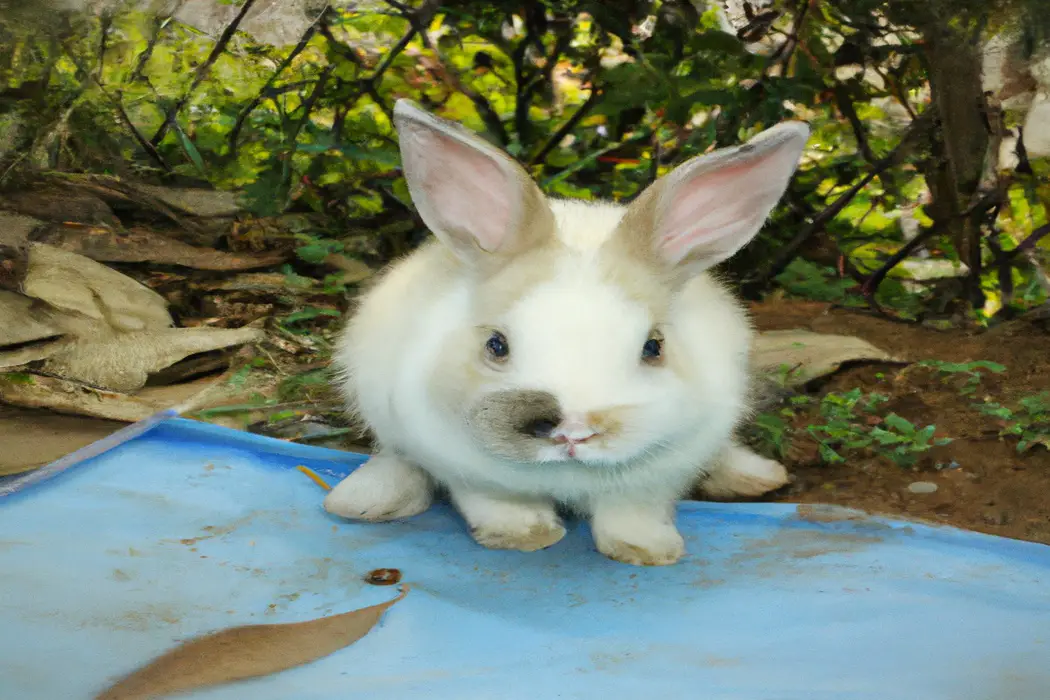
Risks of Feeding Kale to Rabbits Every Day
Feeding kale to rabbits every day can pose risks due to its high oxalate content, potential digestive issues, and the risk of calcium imbalance.
Oxalate Content
Oxalates are compounds found in certain foods, including kale.
Rabbits are sensitive to high levels of oxalates and feeding them kale every day can lead to health problems.
Too much oxalate intake can cause calcium deficiencies and lead to the formation of kidney stones in rabbits.
It is important to offer a balanced diet that includes a variety of vegetables to minimize the risk of excessive oxalate consumption and promote overall rabbit health.
Digestive Issues
Digestive issues can be a concern when feeding kale to rabbits every day. Rabbits have sensitive digestive systems, and consuming excessive amounts of kale can lead to digestive upset.
This can manifest as bloating, gas, diarrhea, or even intestinal blockages.
It’s important to introduce kale slowly and in small amounts to allow your rabbit’s digestive system to adjust. Monitor your rabbit closely for any signs of digestive issues and consult a veterinarian if you have concerns.
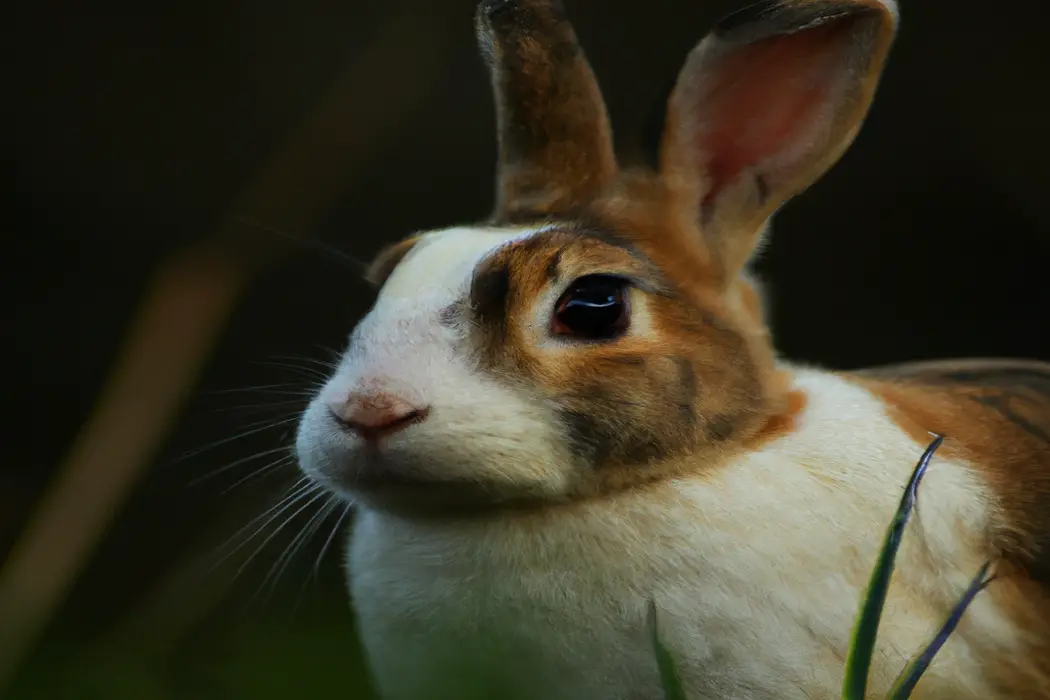
Calcium Imbalance
Calcium imbalance can be a serious issue for rabbits.
When they consume too much calcium, it can lead to various health problems, including bladder stones and urinary tract issues.
On the other hand, a deficiency in calcium can result in weak bones and teeth.
It’s important to provide a balanced diet for your rabbit, including a variety of vegetables, rather than relying solely on kale.
Consider consulting with a veterinarian to ensure your rabbit’s calcium levels are in check.
Guidelines for Feeding Kale to Rabbits
Moderation is key when feeding kale to rabbits. Rotate vegetables and introduce new foods slowly.
Moderation is Key
Moderation is key when it comes to feeding kale to rabbits.
While kale can be a nutritious addition to their diet, it should be given in moderation.
Too much kale can cause digestive issues and upset their stomach.
Aim to include a variety of greens in their diet to ensure they receive a balanced mix of nutrients.
Monitor your rabbit’s reaction to kale and adjust their intake accordingly.
Remember, moderation is key for a healthy and happy rabbit diet.
Rotate Vegetables
Rotate vegetables regularly when feeding them to your rabbits.
This helps ensure a balanced diet and prevents them from getting bored with the same food.
Some vegetables, like kale, should not be given every day, so rotating different vegetables can provide variety while also meeting their nutritional needs.
Some good options to rotate include leafy greens, carrots, bell peppers, and zucchini.
Just remember to introduce new vegetables gradually and monitor your rabbit’s reaction to ensure they tolerate them well.
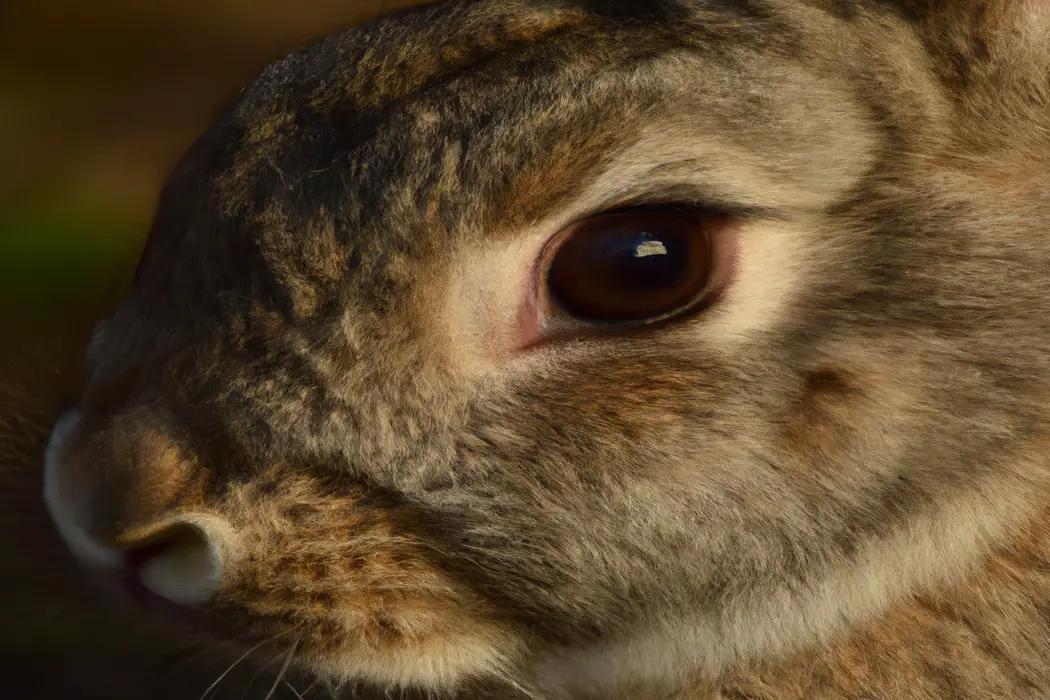
Introduce New Foods Slowly
Introducing new foods slowly is important when it comes to feeding rabbits.
It helps to prevent digestive issues and allows their bodies to adjust to the new food.
Start by giving small amounts of the new food and monitor how your rabbit reacts.
If there are no negative reactions after a few days, you can gradually increase the amount.
Remember to always research what foods are safe for rabbits and consult with a veterinarian if you have any concerns.
Alternatives to Daily Kale
Other Leafy Greens for Rabbits include spinach, romaine lettuce, and cilantro. Variety in Rabbit Diet is important to ensure they receive all essential nutrients.
Other Leafy Greens for Rabbits
Other leafy greens that are safe and healthy for rabbits include:
- Romaine lettuce: This lettuce is a great alternative to kale as it is low in oxalates, which can cause kidney issues in rabbits.
- Swiss chard: Rich in vitamins A and C, Swiss chard is a nutritious option for rabbits. Just make sure to remove any tough stems.
- Spinach: While high in calcium, spinach can be given to rabbits in moderation. It is best to offer it as a treat rather than a regular part of their diet.
- Watercress: Packed with antioxidants, watercress is a tasty green that rabbits enjoy. Introduce it gradually to avoid digestive upset.
Remember to always introduce new greens slowly and observe your rabbit for any signs of digestive upset. Variety is key, so rotate the greens you offer to ensure a balanced diet for your furry friend.
Variety in Rabbit Diet
Variety is essential in a rabbit’s diet.
It’s important to offer a range of fresh vegetables and herbs daily, such as broccoli, spinach, parsley, and cilantro.
This helps provide different nutrients and prevents boredom.
Hay should always be available as the main food source, along with a small portion of pellets.
Remember to introduce new foods slowly to avoid digestive issues, and consult with a veterinarian for specific dietary recommendations for your rabbit’s needs.
Frequently Asked Questions
Can rabbits eat kale stems?
Yes, rabbits can eat kale stems.
Kale stems are safe for rabbits to eat and can be a good source of fiber.
However, it’s important to note that although kale stems are safe for rabbits, they should still be given in moderation as part of a balanced diet.
Too much kale stems or any other vegetable can cause digestive issues for rabbits.
Remember to gradually introduce new foods to your rabbit’s diet and always consult with a veterinarian for specific dietary recommendations.
How much kale should I feed my rabbit?
When it comes to feeding your rabbit kale, moderation is key.
While kale is a nutritious leafy green, it should be given as a treat rather than a daily staple.
A good rule of thumb is to offer a small amount of kale, about 1-2 cups per week, alongside a variety of other fresh vegetables.
Remember to introduce new foods gradually and monitor your rabbit for any digestive issues.
Always consult with a veterinarian for specific dietary recommendations for your pet.
What are the signs of kale poisoning in rabbits?
Signs of kale poisoning in rabbits may include diarrhea, gas, bloating, and abdominal pain.
Other symptoms can include decreased appetite, weight loss, and lethargy.
If your rabbit exhibits any of these signs after consuming kale, it is important to contact a veterinarian immediately for further guidance and treatment.
Remember to always introduce new foods to your rabbit’s diet gradually and in moderation to prevent any potential digestive issues or poisoning.
Final Verdict
While kale does offer nutritional benefits for rabbits, it should not be fed to them every day.
The high fiber content is beneficial for their digestive system, and the vitamins and minerals contribute to their overall health.
However, the risks of excessive oxalate content, digestive issues, and calcium imbalance make it important to moderate kale intake.
Guidelines for feeding kale to rabbits include rotating vegetables and introducing new foods slowly.
Additionally, there are plenty of other leafy greens that can be incorporated into a rabbit’s diet for variety.
To ensure the health and well-being of your furry friend, it is essential to follow these recommendations and consult a veterinarian if you have any concerns.

